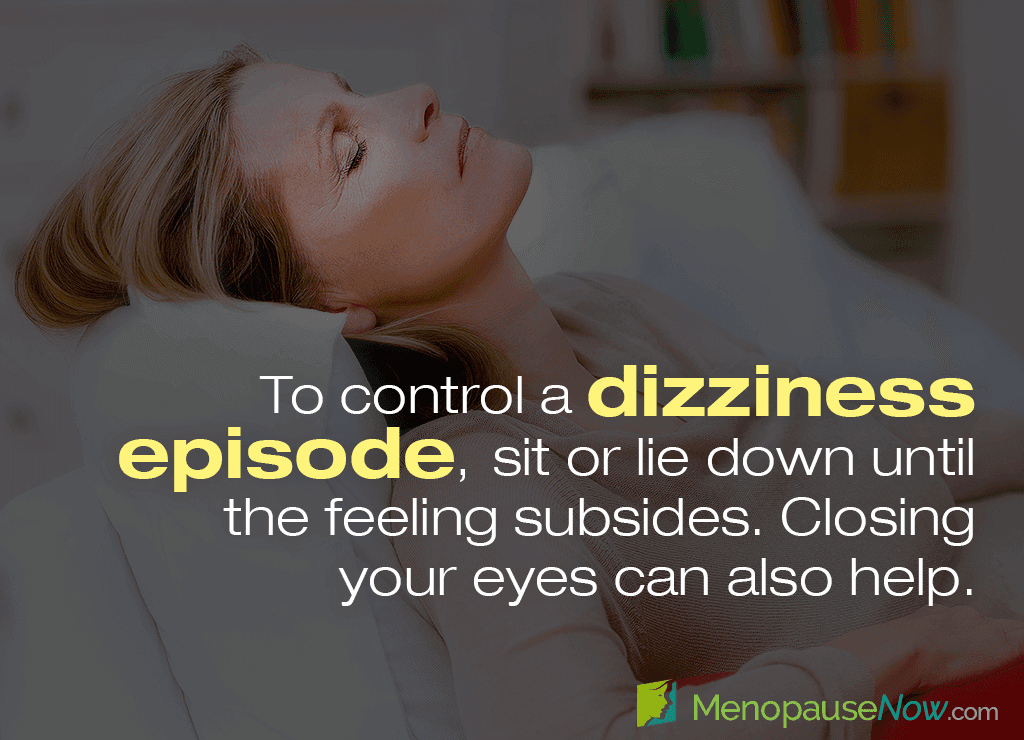Dizziness is linked to the health of the inner ear, which is responsible for balance. The inner ear senses movement or a change in the position of your head and communicates this change to your brain. When this information is not relayed properly, it can cause dizziness, which is common among menopausal women. Read on for more information on six basic aspects of dizziness during menopause.
Identifying Dizziness
It is not uncommon for menopausal women to experience disequilibrium, which describes a feeling of unsteadiness and loss of balance, as if the room is spinning even when you are still. It can be disorienting and even worrying at times. It is important to note that dizziness is not a disease. It is commonly a symptom of an underlying medical condition or a side effect of medications.
The Role of Hormones
During menopause, levels of the reproductive hormones estrogen and progesterone fluctuate and eventually decrease. This change in hormone levels causes many of the menopause symptoms women experience, including dizziness. Dizziness typically subsides once a woman enters postmenopause. If it doesn't, it may indicate a more serious health condition or an adverse reaction to pharmaceutical drugs.
Symptoms
Common symptoms that go along with dizziness include feeling faint or weak, nauseous, fatigued, lightheaded, and with loss of balance. Some dizzy spells last for just a few seconds, while others can last for extended periods.
Dizziness Triggers
Dizziness frequently happens in conjunction with other menopause symptoms, such as hot flashes, night sweats, or heart palpitations. Spells of dizziness can be triggered by various factors, including fatigue, irregular blood pressure, some medications, and dehydration as well as large quantities of alcohol or tobacco.
How to Prevent Dizziness
Dizziness usually disappears on its own, and episodes are typically brief. To help prevent episodes, women can follow several measures, such as to stay hydrated, develop a healthy sleep pattern, and take breaks if they spend extended periods of time in front of a computer screen or similar device. Quitting smoking, exercising regularly, and getting plenty of fresh air can also help.
How to Manage Dizziness
The first thing to consider is safety in regards to avoiding injuries and falls. Try to sit or lie down until the episode passes. Closing your eyes and covering your ears can also alleviate the problem. You may also contemplate wearing more comfortable clothing, getting enough sleep, and getting up slowly from lying down or sitting.
More about Dizziness during Menopause
While prevention and management strategies may keep dizzy spells at bay temporarily, it's time to find out how to treat the root of the problem for long-lasting relief: hormonal imbalance. Click on the following link to learn about dizziness treatments.
Sources
- Mayo Clinic. (2016). Women's Wellness: Perimenopause symptoms | Dizziness: Symptoms & causes. Retrieved March 13, 2019, from https://newsnetwork.mayoclinic.org/discussion/perimenopause-symptoms-occur-as-womens-bodies-transition/ | https://www.mayoclinic.org/diseases-conditions/dizziness/symptoms-causes/syc-20371787




